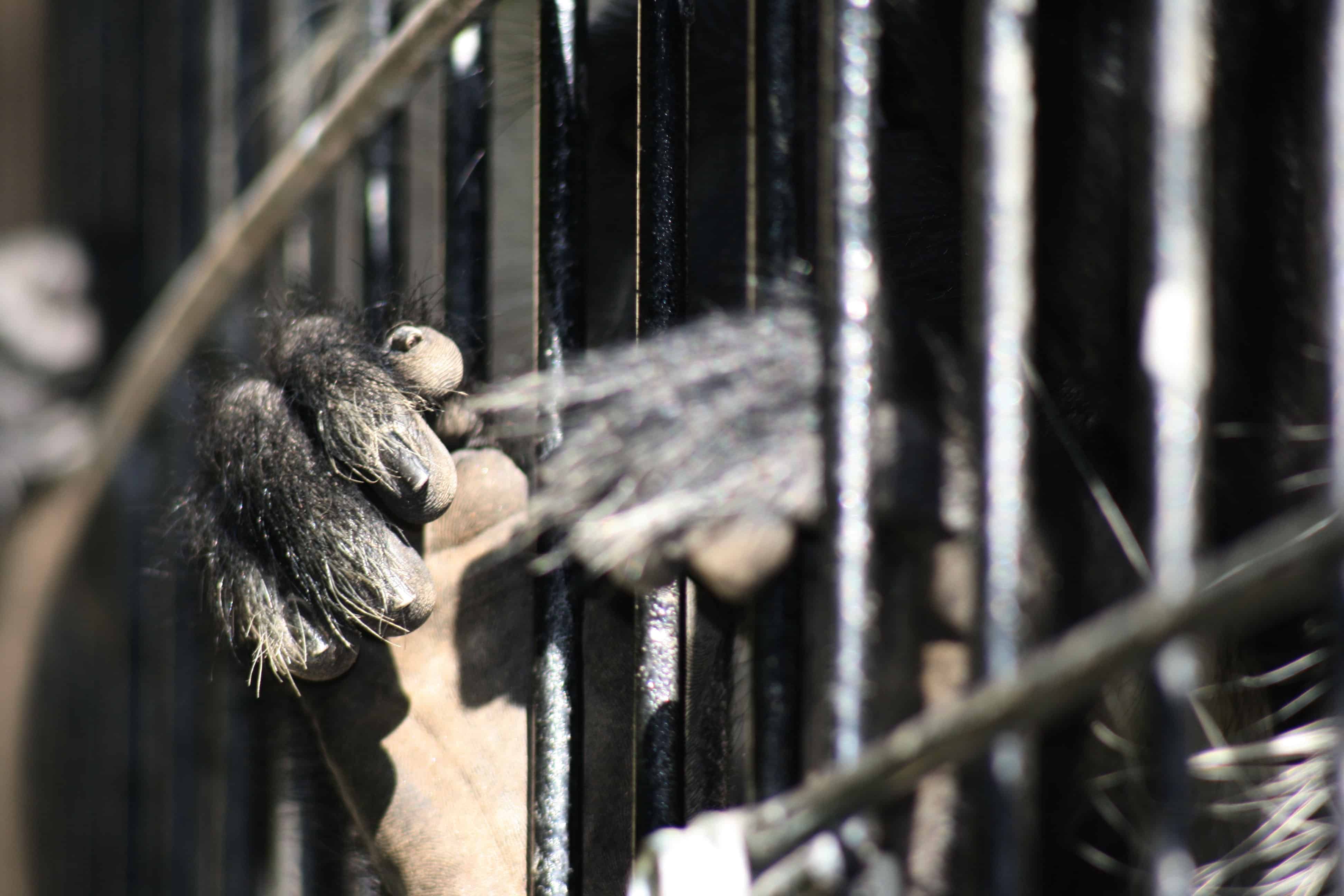The University of Toronto appears to have reversed its ban on the use of primates in research.
Last month, the university spoke out on the use of non-human primates for scientific research in response to student complaints regarding the ethical treatment of two macaques.
Peter Lewis, associate vice president, research for U of T, told the Toronto Star that the macaques were the university’s “very last ‘non-human’ primates.” At the time, Lewis seemed to indicate that the university had no intention of using any more, as technology now allows resaerchers to get the same information from smaller animals.
Lewis indicated otherwise in a recent email to the international journal Nature.
“If a proposed research project at U of T required the use of non-human primates and was scientifically and ethically justified, then we would endeavour to support it,”
After being questioned about the seeming contradiction, Lewis responded that his comments had been generalized from a specific situation. The premeditated euthanasia of two macaques at the end of a seven-year study spun into a pronouncement on the permanent use of non-human primates in research at U of T.
Lewis explains that the two macaques were the last non-human primates at U of T on campus. At the moment, there are no more studies planned that will require non-human primates.
“We are not stating that in the future we will never use non-human primates. We are simply stating that we have no plans at the moment,” he clarified.
With regard to the use of smaller animals, Lewis said that the researchers that had been using the two macaques previously were capable of continuing their work on smaller animals, like rats and mice, thanks to advances in technology.
“Again, this has been generalized by the media to ‘all studies with non-human primates could be done on rodents,’” said Lewis.
Lewis pointed out that there are many types of research that require the use of non-human primates but that “our researchers are not engaged in any of them at the moment.”
The Canadian Council on Animal Care (CCAC) policy statement on the ethics of animal investigation determines whether research involving primates is “scientifically and ethically justified,” as Lewis promises.
Although U of T faces pressure to rethink the use of non-human primates from activists citing ethical concerns, the university is not in violation of any laws.
CCAC guidelines and the Ontario Animals for Research Act specify the conditions for housing non-human primates for research studies. According to Lewis, the university adheres to these guidelines and is fully accredited. The university received CCAC accreditation most recently in 2010.


